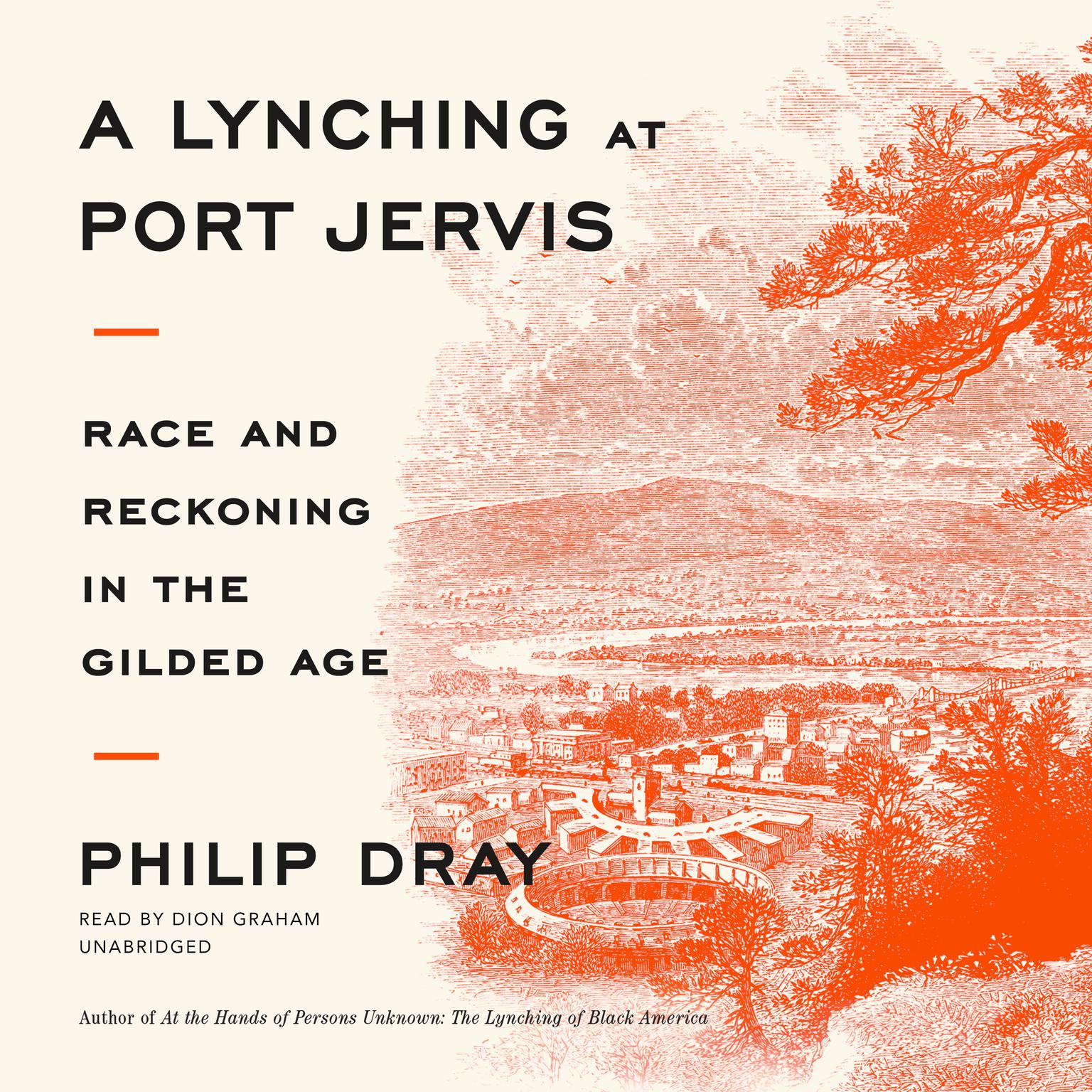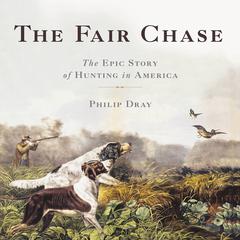 Play Audiobook Sample
Play Audiobook Sample
A Lynching at Port Jervis: Race and Reckoning in the Gilded Age Audiobook
 Play Audiobook Sample
Play Audiobook Sample
Quick Stats About this Audiobook
Total Audiobook Chapters:
Longest Chapter Length:
Shortest Chapter Length:
Average Chapter Length:
Audiobooks by this Author:
Publisher Description
An account of a lynching that took place in New York in 1892, forcing the North to reckon with its own racism
On June 2, 1892, in the small, idyllic village of Port Jervis, New York, a young Black man named Robert Lewis was lynched by a violent mob. The twenty-eight-year-old victim had been accused of sexually assaulting Lena McMahon, the daughter of one of the town's well-liked Irish American families.
The incident was infamous at once, for it was seen as a portent that lynching, a Southern scourge, surging uncontrollably below the Mason-Dixon Line, was about to extend its tendrils northward. What factors prompted such a spasm of racial violence in a relatively prosperous, industrious upstate New York town, attracting the scrutiny of the Black journalist Ida B. Wells, just then beginning her courageous anti-lynching crusade? What meaning did the country assign to it? And what did the incident portend?
Today, it’s a terrible truth that the assault on the lives of Black Americans is neither a regional nor a temporary feature but a national crisis. There are regular reports of a Black person killed by police, and Jim Crow has found new purpose in describing the harsh conditions of life for the formerly incarcerated, as well as in large-scale efforts to make voting inaccessible to Black people and other minority citizens.
The “mobocratic spirit” that drove the 2021 attack on the U.S. Capitol—a phrase Abraham Lincoln used as early as 1838 to describe vigilantism’s corrosive effect on America—frightfully insinuates that mob violence is a viable means of effecting political change. These issues remain as deserving of our concern now as they did a hundred and thirty years ago, when America turned its gaze to Port Jervis.
An alleged crime, a lynching, a misbegotten attempt at an official inquiry, and a past unresolved. In A Lynching at Port Jervis, the acclaimed historian Philip Dray revisits this time and place to consider its significance in our communal history and to show how justice cannot be achieved without an honest reckoning.
Download and start listening now!
“Narrator Dion Graham…delivers an electrifying performance…His expertise in creating suspenseful and shocking moments makes the graphic descriptions all too real. Winner of the AudioFile Earphones Award.”
— AudioFile
Quotes
-
“Listeners are transported to that day by narrator Dion Graham…whose portrayal of this racist incident is scarily prescient for today’s listeners.”
— BookTrib (audio review) -
“Dray is an excellent and conscientious storyteller.”
— New York Times Book Review -
“For enlarging our understanding of America’s enduring enthrallment with the violence, guns, and control of white supremacy, A Lynching at Port Jervis is superlative.”
— The Guardian (London) -
“Fascinating [and] horrifying…This book exposes that this violence is not merely a Southern aberration but rather deeply woven into the national culture.”
— National Book Review -
“Vivid and well-researched…An illuminating and distressing look at America’s history of racial violence."
— Publishers Weekly -
“A cleareyed, powerful account…riveting…An important historical study of a topic that remains sadly relevant."
— Kirkus Reviews -
“Paints a vividly disturbing picture…reminding readers of the pervasiveness of anti-Black terrorism and its lethal consequences for Black Americans."
— Booklist -
“Dray eases his readers into this difficult history, displaying so much empathy for our eventual, truth-facing moments.”
— Honorée Fanonne Jeffers, New York Times bestselling author -
“Effortlessly weaves the story of a place, a crime, a people, and recovers its broader historical significance.”
— Manisha Sinha, author of The Slave’s Cause -
“In this gripping account…we can observe in devastating detail how ordinary people can engage in the most horrific acts…guided by Philip Dray’s humanity and wisdom [in] this beautifully written account.”
— Sven Beckert, Laird Bell Professor of History, Harvard University -
“Impassioned and painfully relevant…[and] probes with gripping precision and deep humanity the hidden, ongoing injuries of the American past.”
— Brenda Wineapple, author of The Impeachers
Awards
-
Winner of an AudioFile Earphones Award
-
A BookTrib Pick of the Summer's Best Audiobooks
-
A New York Times Book Review pick of Best Books Now in Paperback
A Lynching at Port Jervis Listener Reviews
Be the first to write a review about this audiobook!
About Philip Dray
Philip Dray is the author of several books of American cultural and political history, including At the Hands of Persons Unknown: The Lynching of Black America, which won the Robert F. Kennedy Book Award and was a finalist for the Pulitzer Prize. He is an adjunct professor in the department of journalism and design at Eugene Lang College.
About Dion Graham
Dion Graham is an award-winning narrator named a “Golden Voice” by AudioFile magazine. He has been a recipient of the prestigious Audie Award numerous times, as well as Earphones Awards, the Publishers Weekly Listen Up Awards, IBPA Ben Franklin Awards, and the ALA Odyssey Award. He was nominated in 2015 for a Voice Arts Award for Outstanding Narration. He is also a critically acclaimed actor who has performed on Broadway, off Broadway, internationally, in films, and in several hit television series. He is a graduate of Rutgers University’s Mason Gross School of the Arts, with an MFA degree in acting.





